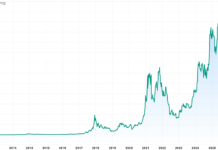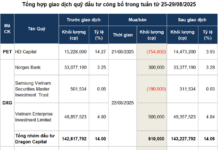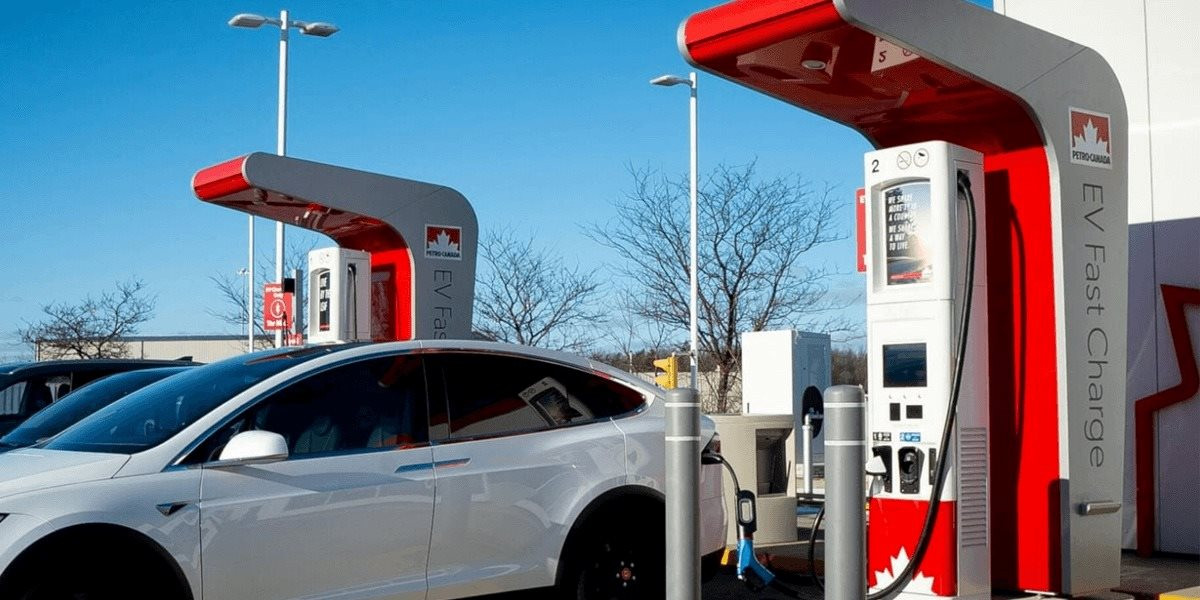
Illustrative photo.
According to Financialpost, Canadian automakers continue to delay their electric vehicle production plans and report lower-than-expected sales figures, putting the country’s goal of at least 20% of new light-duty vehicle sales being electric by 2026 in jeopardy.
Last week, Ford Motor Co. announced it will delay production of its electric vehicle at its Oakville, Ont., assembly plant from 2025 to 2027. The move will give Ford time to take advantage of new battery technology and wait for demand to increase.
“This decision will allow us to build a profitable, sustainable growing business for the long term,” said Ford CEO Jim Farley.
Earlier in April 2024, Tesla reported its first quarterly sales decline in almost four years, blaming logistics issues, although analysts say slowing demand for electric vehicles also played a role.
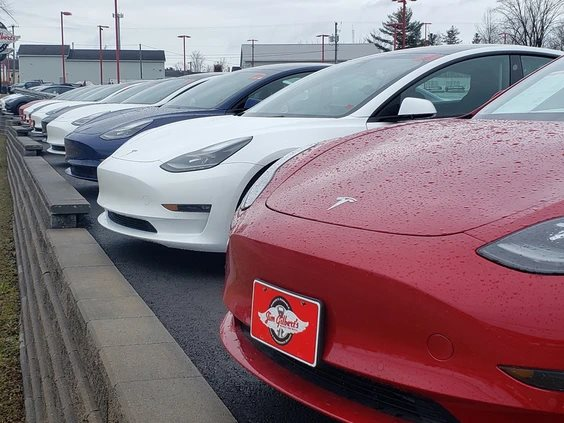
General Motors CEO Mary Barra has also cited slowing growth in the electric vehicle market as creating uncertainty. She expects EV sales to improve later in 2024, but said “if consumer demand changes, GM will use its manufacturing flexibility to build more internal combustion vehicles and fewer EVs.”
Electric vehicle adoption slowing down?
New vehicle registration data in Canada show zero-emission vehicles (ZEVs) continue to grow. In 2023, ZEVs accounted for 10.8 per cent of new light-duty vehicle registrations, up nearly 50 per cent from 2022 and 114.6 per cent from 2021.
However, analysis by J.D. Power suggests the pace of uptake has halved. In the first quarter of 2023, it took an average of 22 days to sell an electric vehicle in Canada, compared to about 42 days for a gasoline-powered vehicle. Now, it takes about 55 days to sell an EV, compared to 51 days for a gas-powered vehicle.
“The gap has narrowed considerably,” said Robert Karwel, senior manager of J.D. Power’s Canadian Power Information Network. “While the overall market in Canada has slowed, EVs have slowed down at twice the rate.”
While EV sales have doubled every year for the past five years, with most buyers being affluent homeowners with access to private garages, reaching the mass market remains a challenge due to higher prices and lingering practicality concerns.
Seventy-nine per cent of EV owners experience more problems with their powertrains than gasoline-powered vehicles, according to the latest annual auto reliability survey by Consumer Reports. Another major issue is the lack of charging stations. To meet its target of 442,000 public charging points by 2035, Canada needs to add 100 new chargers every day, starting now, said Brian Kingston, CEO of the Canadian Vehicle Manufacturers’ Association.
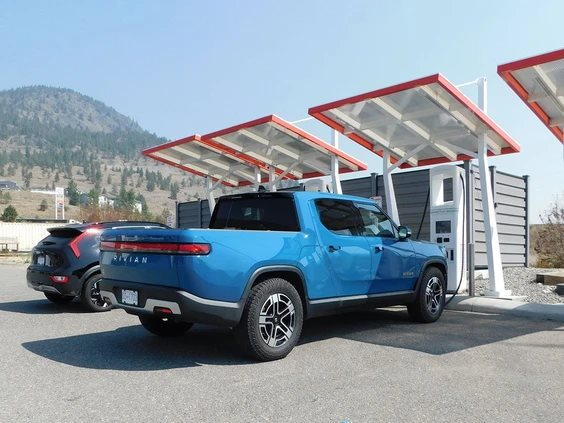
In addition, a 2023 survey of EV owners by the environmental advocacy group Pollution Probe found that 56 per cent of EV owners experience unreliable power at public charging stations.
Electric vehicles also currently cost about $15,000 more than gasoline-powered vehicles, on average, before government incentives. That makes the goal of requiring all new light-duty vehicles sold in Canada to be electric by 2035 a tough sell without generous incentives.
The federal government is planning to spend $800 million over five years from 2024–25, and another $1.02 billion from 2029–30 to 2034–35 to support the country’s electric vehicle industry.
References: Financialpost

















